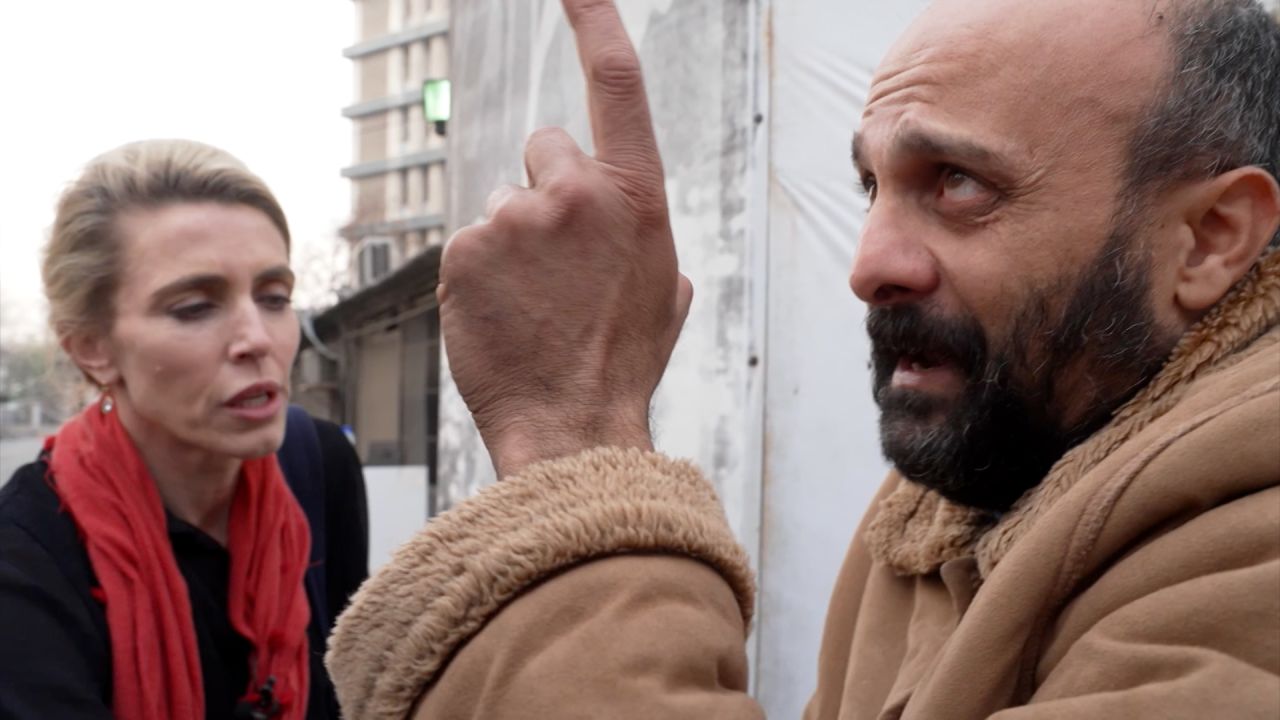What we're covering
• A man identifying himself as a US citizen, who went missing in Hungary earlier this year, has been found in Damascus. The 29-year-old man was reportedly discovered by residents wandering barefoot in a neighborhood just south of the Syrian capital. The US is working to bring him back home, Secretary of State Antony Blinken said.
• Syrian rebel leader Mohammad al-Jolani says he would dissolve the security forces of the toppled regime of Bashar al-Assad. His comments come as Syria’s caretaker prime minister reiterated that the interim government will remain in place until March.
• US officials are scrambling to prevent ISIS from regrouping in Syria, as dozens of competing factions vie for control in different parts of the country.
• Meanwhile, Hamas and Israel are “talking seriously” about a hostage and ceasefire deal in Gaza, a diplomatic source familiar with the matter told CNN. Hamas negotiators are back in the Qatari capital of Doha.























